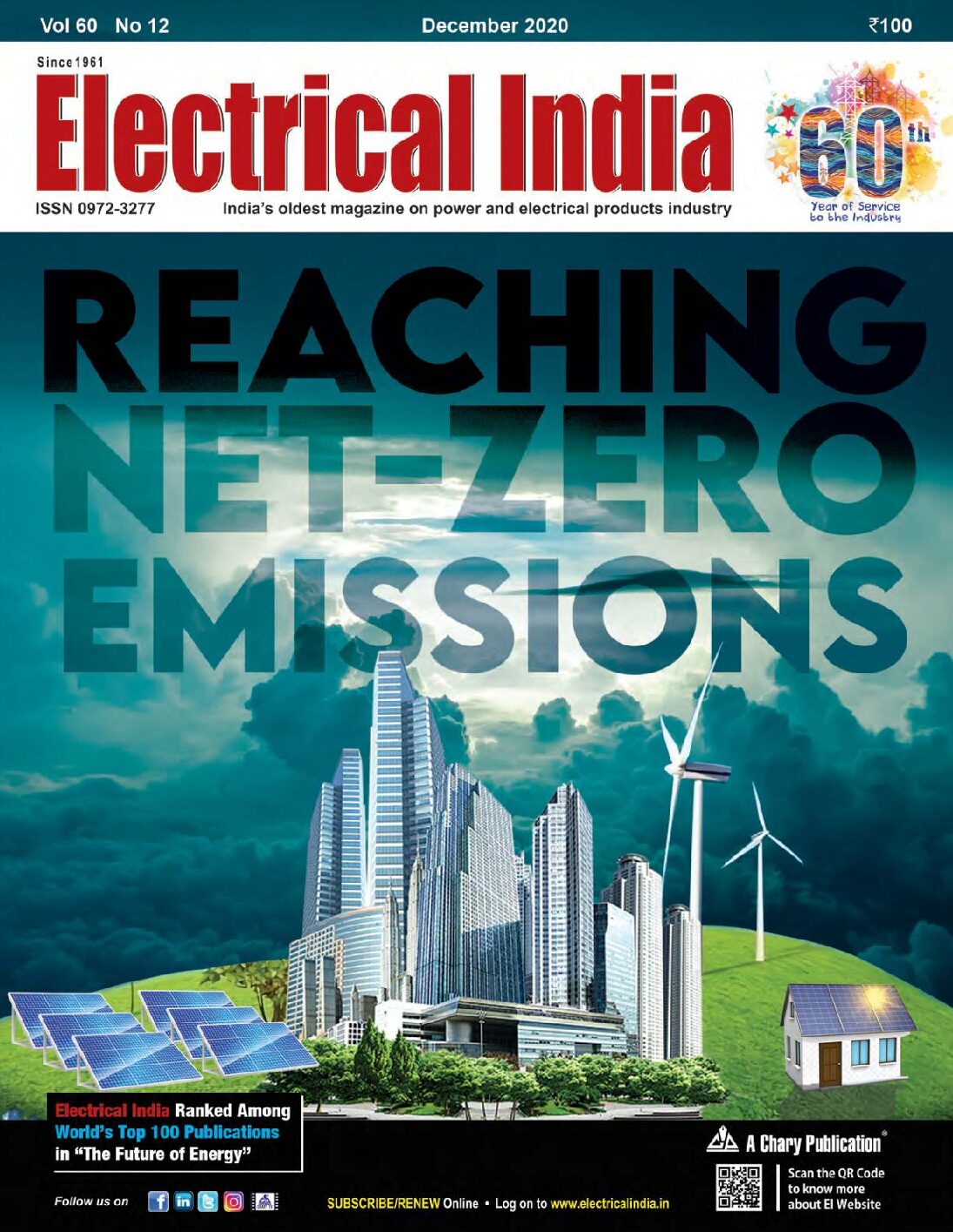Hello and welcome once again to Electrical India. Well, with the arrival of monsoon in most parts of the country, it’s a welcome relief to many who were sweltering under scorching heat.
To beat the heat, in summer especially, more and more people across the country use air conditioner. Though the share of our citizens with ACs is very low, its growing fast, especially with rising income making it more ‘buyable’ and also rising temperatures making it a necessity. Last week’s advice by the power ministry, on the basis of a study conducted by BEE, to set the default setting in ACs at 24°C has created a row in the country.
The question is: should the government do that? Well according to me, the answer is Yes, the government can decide that. The decision, if implemented, could only strike a balance between energy conservation, thereby releasing less CO2, and thermal comfort, though 24°C may not be comfortable for every person.
Already the world is facing an environmental crisis. And its all because of use of excess energy, which we have done in the past 150 years. If the temperature is set at 18°C and the outside temperature is above 36°C, then the electricity required will be lot more than when you set the thermostat in the AC at 24°C. Because if the difference between temperature desired and outside temperature is huge, the system will consume more electricity to cool the room. At 24°C, it not only saves the already scarce energy that we have but also reduces the electricity bill. Let me tell you it’s comfortable to be at 24°C and good for the health.
But then, as Sir Thomas Browne coined the word, “Charity begins at home.” Let the government in good faith also come out with a report of all the ministers’ and senior government officials’ electricity bills for the last five years, both Central and State. Hong Kong government way back in 2004 had directed all government buildings to set as standard indoor room temperature during summer at 25.5°C for four years. But they did not impose it on the people first but had said such a measure by government will give a clear message to the public that they were taking a lead in minimising electricity use. Even in Hong Kong, there were different opinions and scepticism about its implementation. Here too, the war of words will only increase. With everybody’s effort, distributed from public down to each household, we can make a difference.
Hope you enjoy reading this issue as much as we have been bringing it to you. Do send in your comments to me at miyer@charypublications.in

Publisher & Editor-In-Chief








